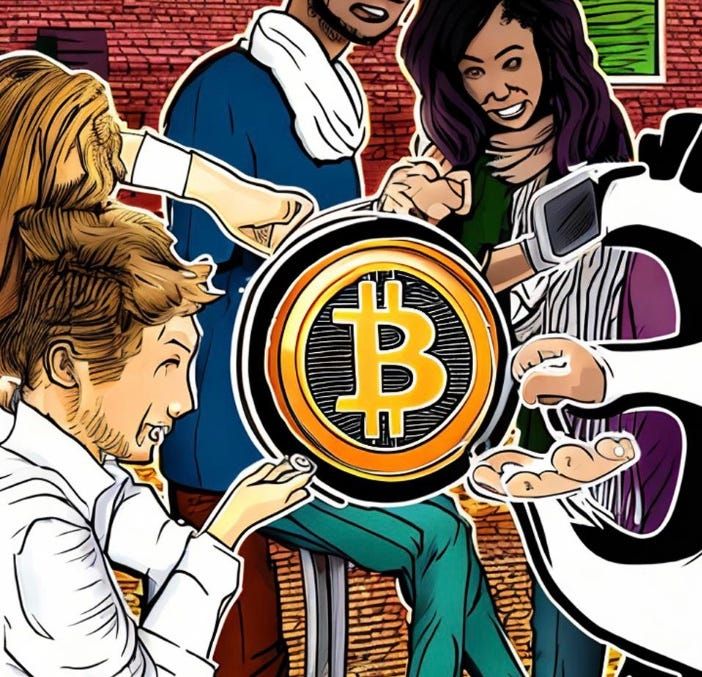Human Rights Foundation Grants $455,000 for Bitcoin Development Fund

The Human Rights Foundation (HRF) is back at it again and has recently granted a total of $455,000 to fund a dozen projects globally through its Bitcoin Development Fund. The grants are focused on improving Bitcoin scaling, privacy, decentralization, global education, censorship-resistant communication and community-building efforts. This move is a significant leap for humanity as a whole, as it promotes the use of digital technology in human rights advocacy, and Bitcoin is the most widely used crypto-currency in the world.
One of the grant recipients is Meron Estefanos, who will receive $50,000 to set up the Bitcoin Innovation Hub Uganda. The hub aims to equip local youth with practical skills to become sovereign individuals and will host local meetups to serve as a Bitcoin awareness and learning center. The project is particularly essential as Ugandans face difficulty receiving remittances due to high fees and obstacles in obtaining ID cards.
Calvin Kim has been awarded $100,000 to research a peer-to-peer (P2P) protocol for Utreexo transaction messages to prepare Utreexo for a mainnet launch. Utreexo is a Bitcoin scaling solution that enables faster verification and synchronization of Bitcoin full nodes. The grant will support Kim's work on improving Bitcoin scaling, which is crucial for the Bitcoin network to accommodate more users in Africa and beyond.
Another recipient of the grant is BOB Space BKK, which received $25,000 for their Thailand residency program. The program aims to promote Bitcoin education and awareness in Thailand by inviting Bitcoin enthusiasts to develop prototypes and applications using Bitcoin. World Liberty Congress also received $25,000 for the Freedom Academy, which plans to provide education on Bitcoin and blockchain technology.
Hampus Sjöberg was awarded $25,000 for Blixt Wallet, a non-custodial open-source Bitcoin and Lightning wallet. The wallet is an important tool for Bitcoin users in Africa as it allows for cheaper and faster Bitcoin transactions. Nourou also received $10,000 for Bitcoin Sénégal, a group that hosts meetups, creates educational content, and onboards local merchants to Bitcoin.
Another recipient is Calle for Cashu, which has received $50,000 for the development of a free and open-source protocol that enables Chaumian ecash on top of Bitcoin. All these projects will greatly benefiting the building and innovation of Bitcoin's protocol in the future.
Charlene Fadirepo received $10,000 for the Bitcoin in Africa Show. The grant will enable Fadirepo to provide education, insights, and thoughtful conversations 'to deepen the understanding of Bitcoin across the African continent.' The Bitcoin in Africa Show is essential in increasing visibility and adoption of Bitcoin in Africa. Finally, Lorraine Marcel was awarded $10,000 for Bitcoin DADA, a women-centric organization based in Kenya and beyond that educates African women in the Bitcoin space.
The Human Rights Foundation's recent grant of $455,000 through its Bitcoin Development Fund has demonstrated the significant role digital currency and technology can play in supporting global human rights. Not only did the grants provide financial assistance, but they also empowered people worldwide to leverage Bitcoin to build decentralized, censorship-resistant, and privacy-focused platforms. Indeed, by providing greater financial independence and reducing the risk of censorship, Bitcoin can be an empowering tool in the fight to protect human rights.
